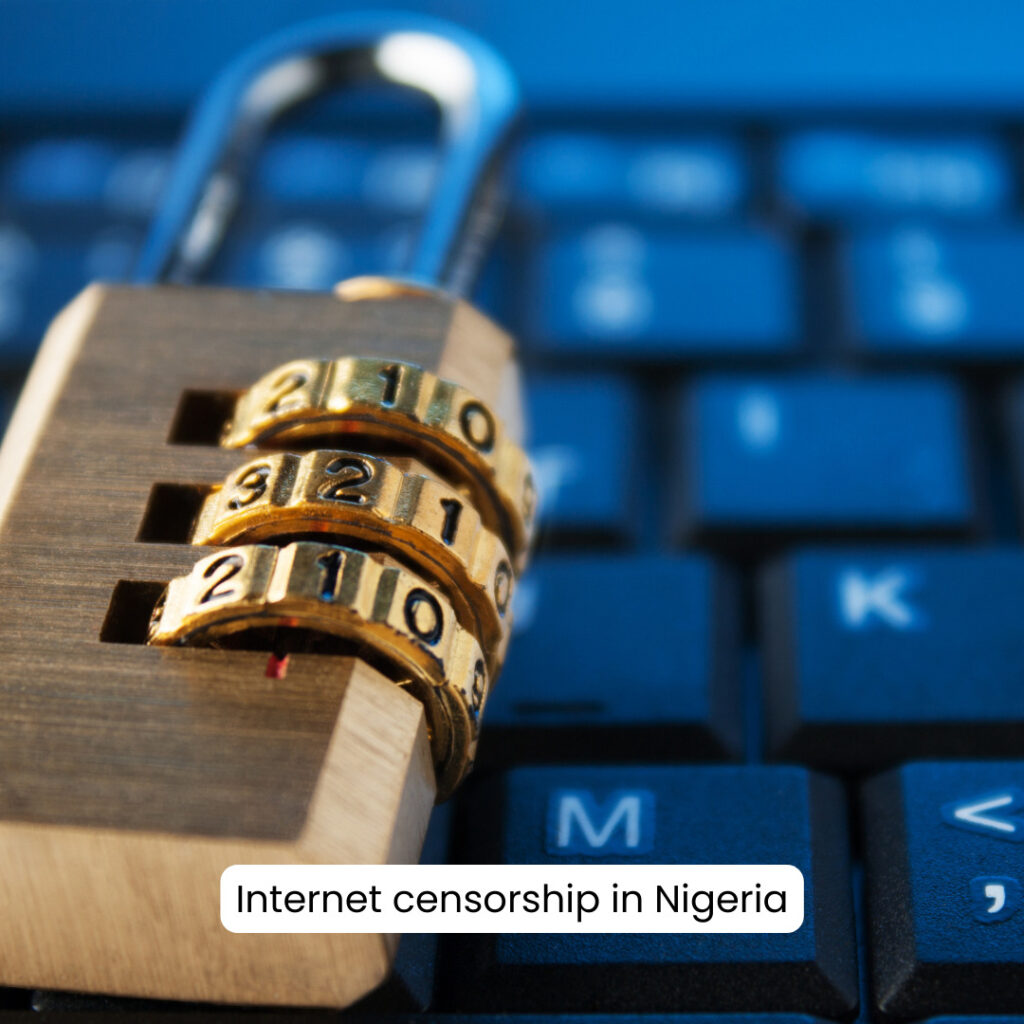Internet Censorship in Nigeria
The internet has revolutionized the way we communicate, access information, and engage with the world. In Nigeria, a country experiencing rapid technological growth, the internet plays a pivotal role in education, commerce, and civic engagement. However, with the power of the internet comes the challenge of balancing access to information with the need to regulate and control content that may be harmful or illegal. Internet censorship in Nigeria is a complex and contentious issue, involving a delicate balance between freedom of expression, public safety, and national security. In this article, we delve into the landscape of internet censorship in Nigeria, examining its significance, key considerations, challenges, and implications for the digital society.
Understanding Internet Censorship
Internet censorship refers to the control, regulation, or suppression of certain content, websites, or online activities by governmental or non-governmental entities. The aim is often to protect public interest, national security, or to curb harmful behavior. In Nigeria, like in many countries, internet censorship raises critical questions about freedom of expression, privacy, and the responsibilities of both individuals and authorities in the digital age.
Significance and Rationales
Internet censorship is approached with various rationales in Nigeria:
- National Security: Censorship may be employed to prevent the spread of extremist content, hate speech, or incitement to violence, which could pose threats to national security and social stability.
- Public Morality: Content that is considered offensive or contrary to cultural norms and values may be censored to maintain public morality and protect societal values.
- Fake News and Disinformation: Censorship efforts may aim to curb the dissemination of fake news and disinformation, which can have far-reaching social and political consequences.
- Protection of Minors: Restrictions on explicit or harmful content are often implemented to shield minors from exposure to inappropriate material.
Key Regulatory Measures
Internet censorship in Nigeria is guided by various legal and regulatory measures:
- National Communications Commission (NCC): The NCC has the authority to regulate the Nigerian telecommunications sector, including the internet, and can issue directives to service providers to block certain websites or content.
- Cybercrimes (Prohibition, Prevention, etc.) Act, 2015: This legislation addresses various aspects of cybercrime, including unauthorized access to computer systems, and provides a legal basis for authorities to monitor and intercept online communications.
- Social Media Bill: A draft social media bill has been proposed to regulate online communication, address fake news, and curb the spread of disinformation. However, concerns have been raised about potential impacts on freedom of expression.

Challenges and Considerations
Internet censorship presents a range of challenges and considerations:
- Freedom of Expression: Balancing the need to protect public safety and national security with the fundamental right to freedom of expression is a complex ethical and legal challenge.
- Transparency and Accountability: Clear and transparent procedures for content takedown and censorship decisions are essential to avoid abuse of power and protect individuals’ rights.
- Scope and Overreach: Determining what content should be censored and how broad the scope of censorship should be requires careful consideration to prevent overreach and unintended consequences.
- Censorship Evasion: As technology evolves, individuals and organizations may find ways to evade censorship measures, raising questions about the effectiveness of such efforts.
Looking Ahead
The future of internet censorship in Nigeria demands thoughtful and inclusive approaches:
- Public Consultation: Engaging the public, civil society, and stakeholders in discussions about internet censorship can lead to more balanced and informed regulatory decisions.
- Digital Literacy: Promoting digital literacy and critical thinking skills among citizens is essential to empower individuals to navigate the online landscape responsibly and discern credible information from misinformation.
- International Standards: Aligning censorship efforts with international human rights standards and best practices can help ensure that regulations uphold individual freedoms and rights.
Conclusion
Internet censorship in Nigeria is a multifaceted issue that requires careful consideration of competing interests and values. As the digital society continues to evolve, finding the right balance between protecting public safety, national security, and freedom of expression remains a dynamic challenge. By fostering open dialogue, embracing transparency, and prioritizing the rights and responsibilities of both individuals and authorities, Nigeria can navigate the complexities of internet censorship while nurturing a vibrant and informed digital society that contributes to the nation’s progress and development.
